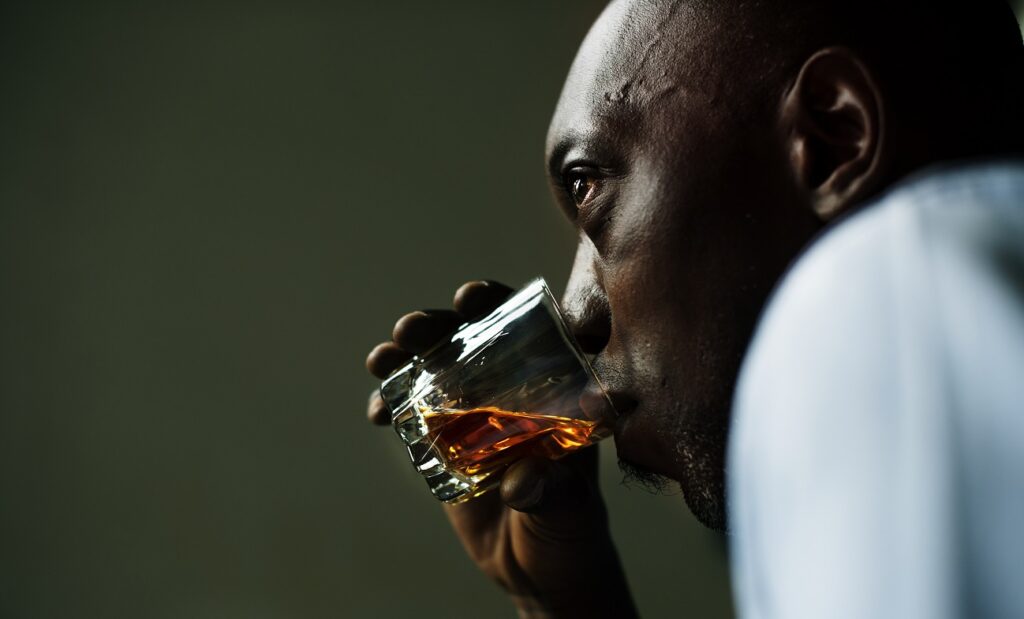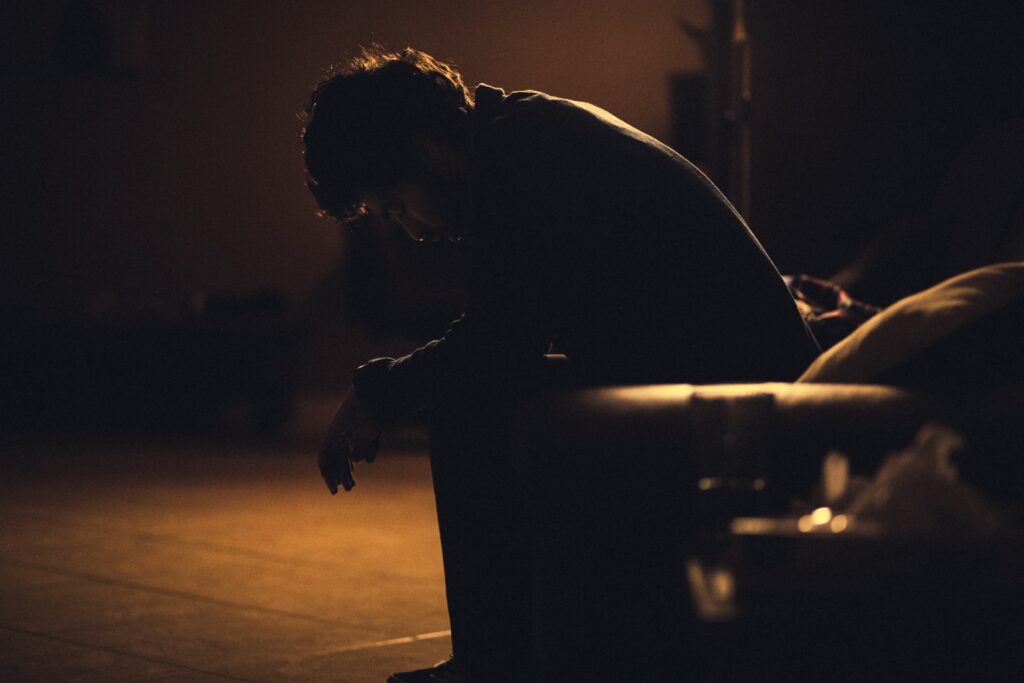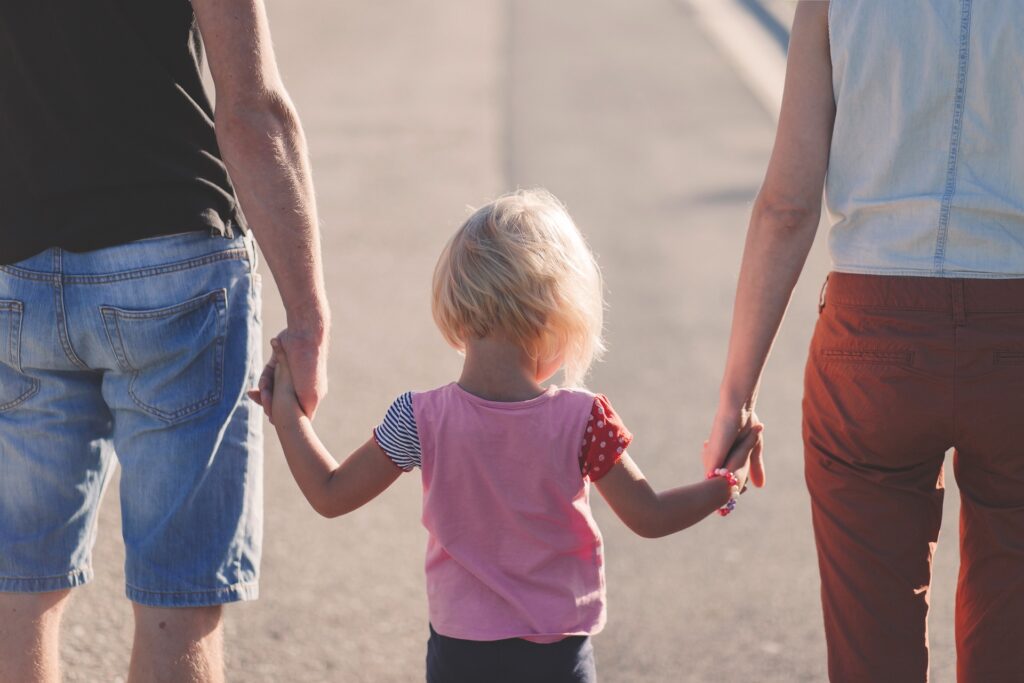- Home
- Addiction Treatment
- Dual Diagnosis
- Alcohol and Post-Partum Depression
Alcohol and Post-Partum Depression
Post-Partum Depression (PPD) is a mental disorder as a result of becoming a new parent.
PPD includes a variety of symptoms such as anxiety, fatigue and severe depression.
PPD affects over 121 million women globally per year, and over 13% of women have a mental disorder associated with depression after they give birth.
Depression after becoming a new parent affects 1 in 10 new parents within a year of giving birth.
This can be a continuation from pregnancy, where 1 in 10 women suffer from depression during pregnancy.
This can lead to severe anxiety, panic attacks and periods of psychosis.
Symptoms Of PPD

The most common symptoms of PPD include:
- Feeling tearful and nervous within the first week, called the baby blues. This does not normally last longer than 2 weeks.
- Persistent feeling of sadness and low energy
- A lack of enjoyment
- Trouble sleeping and feeling constantly fatigued
- Lack of bonding with your baby
- Isolation and contact withdrawal
- Problem concentrating and inability to make decisions
- Intrusive thoughts, such as hurting your baby
This can be caused by a history of mental health issues or a lack of support from your family.
If you have a difficult relationship with your partner or you are a single parent this can exacerbate the issue.
It can also be made worse by previous trauma, recent stressful life events and specific triggers.
The Link Between Alcohol And Post- Partum Depression

Although there is research to suggest that alcohol and PPD are linked, there has been little evidence in recent decades on this nexus as people were ashamed to admit to PPD or alcohol problems.
There are two main links –alcohol causes depression, and parents are likely to turn to alcohol to feel relief from the effects of depression.
Whilst only 4.1% of mothers binge drink when they are pregnant, over 15% of mothers turn to binge drinking to self-medicate whilst suffering postpartum depression.
However, almost 50% of mothers with post-partum depression remain undiagnosed.
Self-Medicating

Using alcohol to self-medicate is very common.
Alcohol is a depressant, and it can dramatically reduce your ability to take care of or connect with a child, let alone anyone else.
If you are breastfeeding, alcohol can be harmful to the baby as developing children will hold a higher alcohol blood concentration than you.
Furthermore, alcohol reduces a mother’s ability to produce breast milk.
This can lead to developmental issues and delays in the fetus.
Alcohol And Depression

Alcohol and depression are inextricably linked.
A study by Ndetei et al showed a direct link between depression, panic disorders and alcohol abuse.
A study by Flensborg-Madsen et al indicates a causal relationship for this trend: the role of alcohol disorders in depression are stronger than the role of depression in alcohol use disorder.
Studies suggest that people who drink more are more likely to develop depression.
It has been shown that depression predicted alcohol usage, and alcohol use predicted depression, creating an endless loop.
How Do I Know If I’m Depressed?

There are multiple quizzes that one can take to assess whether you are depressed, but most symptoms are self-evident.
This is one common quiz:
- How often have you been bothered by feeling down, depressed or hopeless?
- How often have you had little interest or pleasure in doing things?
- How often have you been bothered by trouble falling or staying asleep, or sleeping too much?
- How often have you been bothered by feeling tired or having little energy?
- How often have you been bothered by poor appetite or overeating?
- How often have you been bothered by feeling bad about yourself, or that you are a failure, or have let yourself or your family down?
- How often have you been having trouble concentrating on things, such as reading the newspaper or watching television?
- How often have you been bothered by moving or speaking so slowly that other people could have noticed, or the opposite – being so fidgety or restless that you have been moving around a lot more than usual?
- Have you had an anxiety attack (suddenly feeling fear or panic)?
- How often have you been bothered by feeling nervous, anxious or on edge?
- How often have you been bothered by not being able to stop or control worrying?
- How often have you been bothered by worrying too much about different things?
- How often have you been bothered by having trouble relaxing?
- How often have you been bothered by being so restless that it is hard to sit still?
- How often have you been bothered by becoming easily annoyed or irritable?
- How often have you been bothered by feeling afraid as if something awful might happen?
- If this questionnaire has highlighted any problems, how difficult have these problems made it for you to do your work, take care of things at home or get along with other people?

PPD does not only affect the new mother or father but the children too.
This is because parents with depression and alcohol issues are less likely to take sufficient care of their children.
This depression can influence the children so much that they may end up with mental health issues, behavioural issues, and very low self-esteem.
Who’s Most At Risk?

You may feel as though you have insomnia, anxiety, low energy and high levels of irritability.
The people most at risk are:
- Young mothers (teens)
- Women with a past history of depression
- Women who lack support
- Mothers with low income
- Women with a history of alcohol abuse
These mothers will be most at risk to feelings of:
- Sadness and anger
- Anxiety and restlessness
- Bonding struggles
- Tiredness and withdrawn
- Numbness
- Panic attacks
Treatment For PPD

There exists a multitude of treatments for both PPD and alcohol use disorder, namely:
- Self-help, such as mutual support groups, exercising regularly and healthy lifestyle choices. Make sure you are talking to your other half, friends and family, help them understand the ways they can support you. Make time for yourself and activities you used to enjoy, and rest whilst you can. Try and create good sleeping habits, reduce your alcohol intake and avoid using drugs.
- Therapy such as CBT and DBT. CBT is a type of therapy based on managing thoughts and breaking negative cycles of behaviour.
- Medication such as antidepressants and anti-anxiety medications. Depression is caused by an imbalance of chemicals in the brain, sometimes the best way to help is to take medication to rebalance your chemicals and help your brain function normally.
Getting Help Today

Post-Partum Depression can be an incredibly difficult thing to struggle with.
Depression is hard enough, but when it comes with feelings of shame and guilt around not being able to form a bond with your new child, it only gets worse.
This is exacerbated further when alcohol enters the mix, both for the parent and the child.
If you are struggling with both PPD and alcohol abuse, the best thing you can do is to reach out for help.
We’re here to help you find the best possible solution for your struggles, whatever your individual needs may be.


